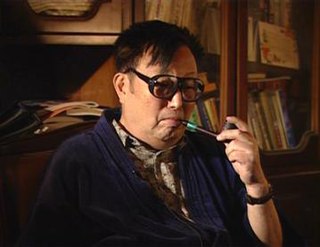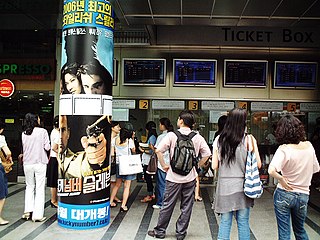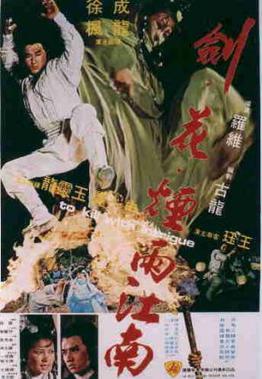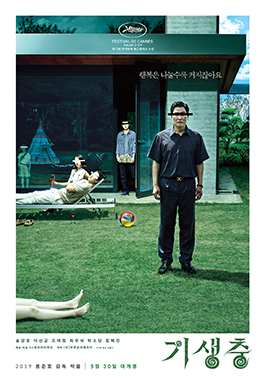A Place in the Sun may refer to:

The term "Cinema of Korea" encompasses the motion picture industries of North and South Korea. As with all aspects of Korean life during the past century, the film industry has often been at the mercy of political events, from the late Joseon dynasty to the Korean War to domestic governmental interference. While both countries have relatively robust film industries today, only South Korean films have achieved wide international acclaim. North Korean films tend to portray their communist or revolutionary themes.
Show or The Show may refer to:

The South Korea national football team represents South Korea in men's international football and is governed by the Korea Football Association. South Korea has emerged as a major football power in Asia since the 1980s, having participated in ten consecutive and eleven overall FIFA World Cup tournaments, the most for any Asian country. Despite initially going through five World Cup tournaments without winning a match, South Korea became the first Asian team to reach the semi-finals when they co-hosted the 2002 tournament with Japan. South Korea also won two AFC Asian Cup titles, and finished as runners-up on four occasions. Furthermore, the team won three gold medals and three silver medals at the senior Asian Games.

Kim Ki-young was a South Korean film director, known for his intensely psychosexual and melodramatic horror films, often focusing on the psychology of their female characters. Kim was born in Seoul during the colonial period, raised in Pyongyang, where he became interested in theater and cinema. In Korea after the end of World War II, he studied dentistry while becoming involved in the theater. During the Korean War, he made propaganda films for the United States Information Service. In 1955, he used discarded movie equipments to produce his first two films. With the success of these two films Kim formed his own production company and produced popular melodramas for the rest of the decade.
List of Korean films may refer to:

South Korean films have been heavily influenced by such events and forces as the Korea under Japanese rule, the Korean War, government censorship, the business sector, globalization, and the democratization of South Korea.
Dragon Lee is an actor and practitioner of Taekwondo and Hapkido. He made a name for himself as a martial arts film star in the 1970s and 80s. His birth name is Moon Kyung-seok, but he has also been called Keo Ryong in South Korea.
Hong is the common English spelling of 홍, in hanja, it means "wide" or "big".

Jung is a Latin alphabet rendition of the Korean family name "정", also often spelled Jeong, Chung, Joung or Jong. As of the South Korean census of 2015, there were 2,407,601 people by this name in South Korea or 4.84% of the population. The Korean family name "정" is mainly derived from three homophonous hanja. 鄭 (2,151,879), 丁 (243,803) and 程 (11,683). The rest of the homophonous hanjas include: 政 (139), 桯 (41), 定 (29), 正 (22) and 情 (5).
This is a list of films by year produced in the country of South Korea which came into existence officially in September 1948. The lists of Korean films are divided by period for political reasons. For earlier films of united Korea see List of Korean films of 1919–1948. For the films of North Korea see List of North Korean films. For an A-Z list of films see Category:Korean films.
Heroes or Héroes may refer to:

To Kill with Intrigue is a 1977 historical action-drama film directed by Lo Wei. A joint Hong Kong and South Korean co-production with martial arts, revenge and romance film elements, the film stars Hong Kong action movie star Jackie Chan with Taiwanese actress Hsu Feng and South Korean actress Jeong Hee. The movie was filmed in South Korea.

Diary of Korean-Japanese War is a 1978 South Korean war drama film directed by Jang Il-ho. It was chosen as Best Film at the Grand Bell Awards.
Events from the year 1977 in South Korea.
Kim Ho-sun is a South Korean film director, producer, and screenwriter who has enjoyed both critical and box office success.

Parasite is a 2019 South Korean black comedy thriller film directed by Bong Joon-ho, who co-wrote the screenplay with Han Jin-won and co-produced. The film, starring Song Kang-ho, Lee Sun-kyun, Cho Yeo-jeong, Choi Woo-shik, Park So-dam, Jang Hye-jin, Park Myung-hoon, and Lee Jung-eun, follows a poor family who infiltrate the life of a wealthy family.










